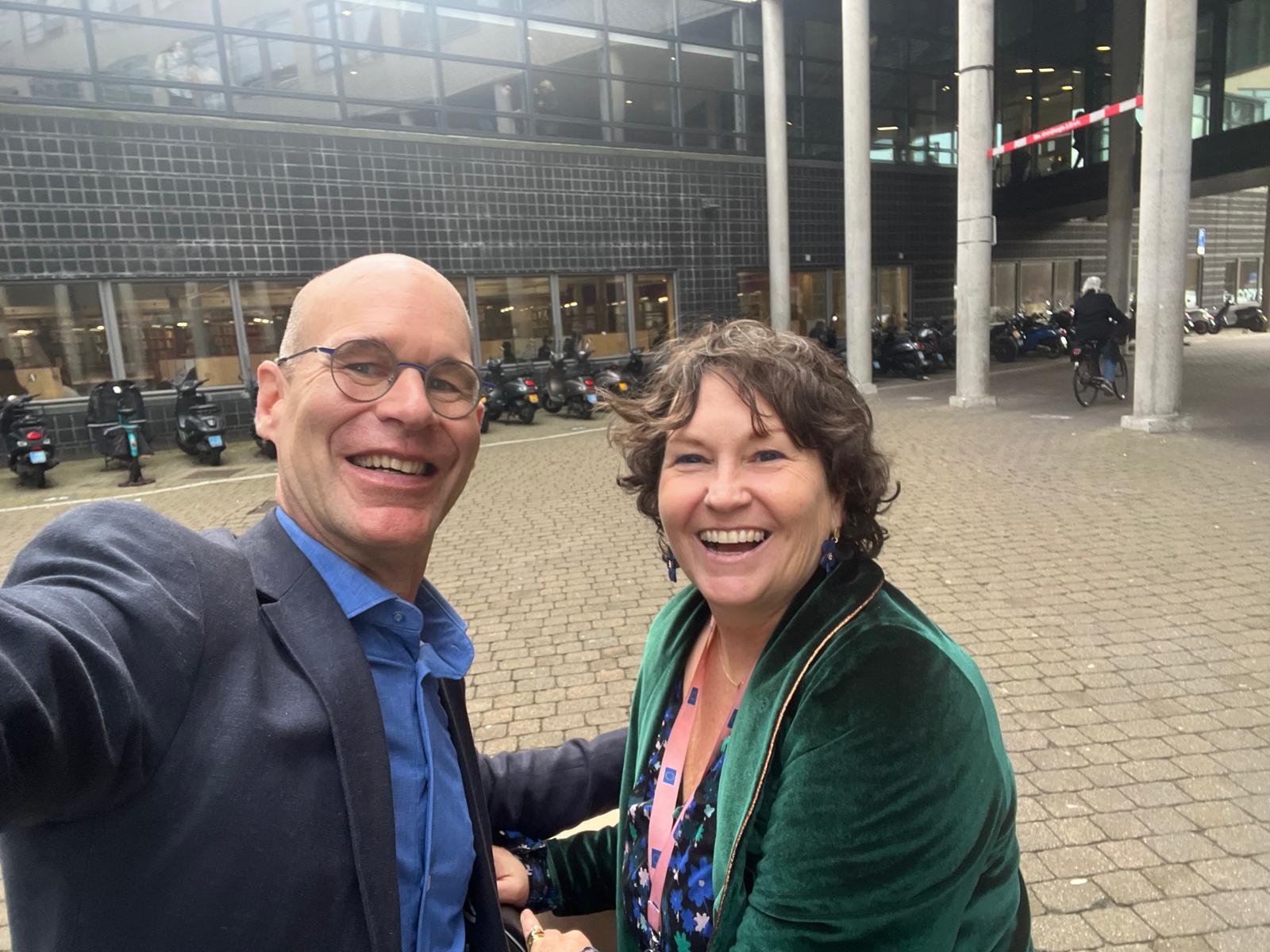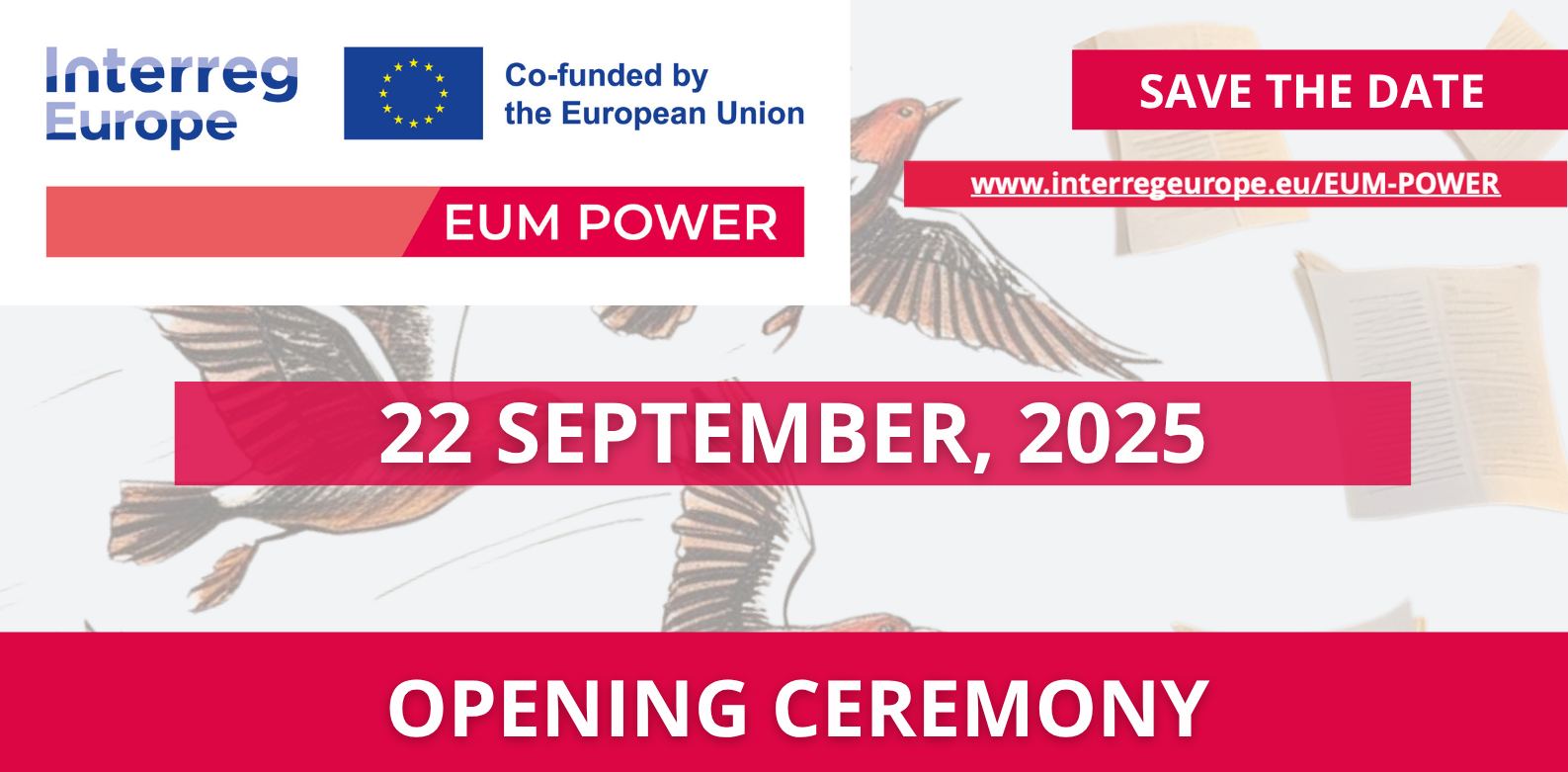Over the past few months, European Impact spoke with Dutch professionals involved in European defence cooperation – from policy officers to journalists in Brussels, Amsterdam and The Hague. You can read their stories here. No time to dive into them all? Don’t worry – here are the key takeaways.
1) Collaboration
Working effectively in an international context is often more complex than it appears. European projects require coordination with colleagues from different countries, consultations with external partners, and an understanding of diverse approaches and procedures.
One clear theme from the defence series is the growing importance of networking – the ability to build and maintain relationships within your field. By connecting companies and facilitating dialogue between stakeholders, broader and stronger collaborations emerge.
In a world where technological progress and innovation are central, this is essential. Innovation-driven collaboration is increasingly visible and, in many cases, a determining factor in the success of European projects.
2) Analytical thinking
Analytical skills also stand out as crucial. For some, this means distinguishing the essential from the irrelevant; for others, it is about reading diplomatic cues or quickly grasping what is really going on in a complex situation.
Whatever the context, analytical thinking is indispensable for European professionals. It helps you navigate the complexity of EU-related matters more effectively. Those with strong analytical abilities are often one step ahead.
3) Communication skills
The EU brings together 27 member states, each with its own political culture, history, governance habits and communication styles. In such a complex setting, it takes more than just fluency in languages like German and French. Effective communication means recognising and responding to cultural differences, silence, gestures and underlying interests.
What isn't said can often matter more than what is.
Interviews with professionals in the defence sector repeatedly highlight how crucial sensitive communication is. Success or failure often hinges on the level of trust you are able to build. This also includes how you present your message: a strong, professional presentation reflects your organisation's identity and always leaves a stronger impression.
In summary
Being a successful European professional is not just about knowing all the rules or speaking flawless French. It is about the ability to connect, to think critically, and to communicate clearly. Whether you are just starting out or have years of experience, these three skills remain essential.
Curious to learn more about the daily work of European professionals? On this website, you will find dozens of profiles of Dutch professionals working on the green transition and in the European defence sector.






















































